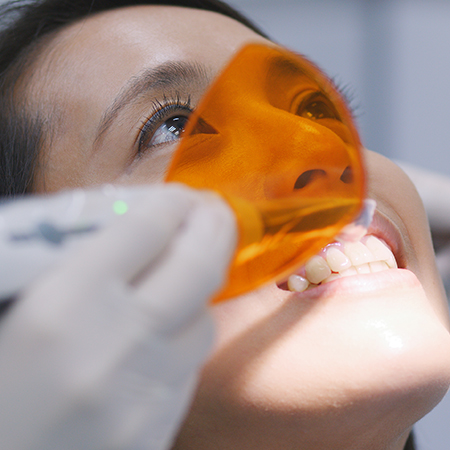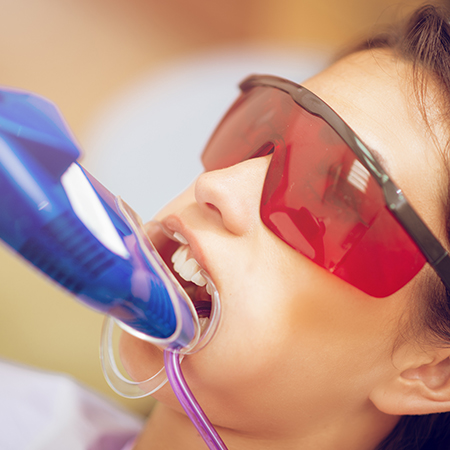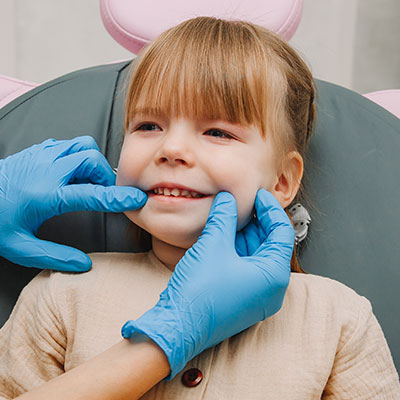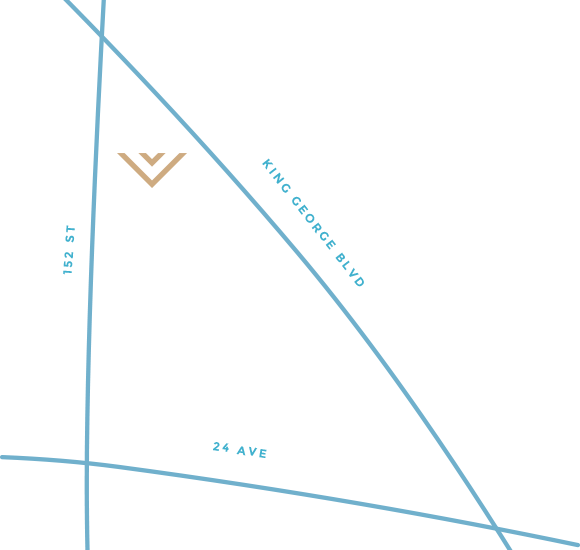We offer laser dentistry to tackle everything from detecting early tooth decay to treating gum disease.
The Ultimate Multitasker
Lasers emit powerful, extremely controllable beams of high-energy light to perform certain dental procedures without a drill or incisions. While it might sound like something from Star Wars, lasers have been used in dentistry for decades.
Being the serious multitasker it is, our dental laser is effective for a wide variety of purposes, including diagnosing tooth decay in its earliest stages, performing soft tissue procedures and even fixing small cavities.
What is a Dental Laser Used For?
Diagnostics
Since healthy tissue reflects light differently than decayed or diseased tissue, lasers are able to diagnose cavities and issues like oral cancer. By using laser light of a specific wavelength, we can sometimes detect problems earlier than we can with traditional methods.

Soft Tissue Treatments
Lasers are a minimally invasive tool for treating soft tissue problems, such as ulcers and sores, excess gum tissue and gum disease. Since lasers can be so precisely controlled, they remove less tissue than conventional methods and typically cause less bleeding and swelling.

Hard Tissue Treatments
Using laser dentistry to treat small cavities can help to preserve more of the tooth’s healthy structure. It’s a good option for young patients or those with dental anxiety, because the laser doesn’t produce noise or vibrations like a drill and doesn’t always require a local anesthetic.

Benefits Of
Laser Treatment

More Control
Lasers are highly controllable and we can set the wavelength to suit our needs. The minimally invasive tool preserves more healthy tooth structure and soft tissue.
Versatile
Dental lasers can be used for diagnostics, soft tissue treatments and hard tissue treatments, making them one of our most versatile technologies.
Safe
Lasers are safe and don’t emit radiation. Plus, they minimize bleeding and swelling and help sterilize the areas they come in contact with, lowering the risk of infection.
Helps With Dental Anxiety
Unlike a drill, a dental laser doesn’t make a loud noise or cause any vibrations. Many patients don’t even need a local anesthetic during laser procedures.


